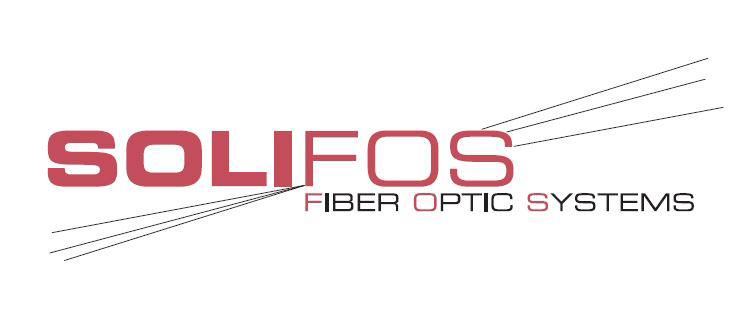Abstract
In military operations the demand for real-time applications, like video surveillance or video conferencing etc. in C4I systems are increasing enormously. Tactical-optic cable assemblies are today a reliable communication means in the military field, fulfilling these requirements. On one optic link, large data flows of up to 1GBit/s can easily be transported between different communication centres. To make sure that the fibre connection is in good shape and ready for operation, preventive maintenance is recommended and necessary equipment should be available in the field to control such connections.
Introduction
In the harsh environment of military applications more and more tactical fibre-optic cables are used, due to high data rates possible over large distances. These are replacing older copper cables, which are limited in data transmission capacity and distance. The tactical fibre-optic cable assemblies are normally consist of a tactical cable with expanded beam fibre-optic connectors at both ends, designed to operate in harsh environments. The hermaphroditic tactical connectors, made to MIL Standard 83526, are fully sealed mated or unmated, with or without dust-caps fitted. With hermaphroditic connectors there is no requirement for male / female adaptors and therefore both ends can be used equally. Such cables are supplied with hand reels or vehicle reels depending on the length of the cable.
Several reels can be daisy chained together to make a longer link between two points. In case of any connection difficulties or interruption in the cable, the fault of such a link has to be found easily and quickly. This can be done with Brugg’s tactical cable measuring case (TCMC), which is based on a commercially available optical time-domain reflectometer (OTDR).
Measurement method
One possible measuring method is the optical time-domain reflectometer, which instead of performing a direct measurement of insertion losses, uses a calculation of the losses based on the back-scattered light.
Single mode fibres, as mainly used in tactical networks, should be measured according to the IEC norm 61300-3-4. Suppliers of OTDR equipment stringently demand a bi-directional measurement. Additional fibre sections L1, between OTDR and device under test (DUT), and L2, after DUT at sufficient length, have to be used in order to overcome the attenuation dead zone of the OTDR measurement device. A correct implementation of the bi-directional measurement yields reliable results. For ease of maintenance, Brugg’s tactical cable measuring case comes with the same connectors as the tactical cables used in the field.
Recommended maintenance
The tactical cable assemblies should be tested after each operation, before they are put into storage. By this method, faulty cable assemblies can be detected and sorted out for maintenance in due time and forwarded for repair, either to the internal maintenance shop, or to the supplier for repair. In the next operation only cable assemblies are used that are operational and therefore faults can be limited to a minimum. To make the measurement of different reels or cable lengths easier for the maintenance staff, the OTDR equipment can be pre-programmed (Macros) for various cable lengths.
In case of rare faults in field connections, Brugg’s tactical cable measuring device ensures a faulty cable or connector can be quickly detected and either replaced, or in emergency, repaired in the field with Brugg’s repair kits. The measurement allows for the exact localisation of the faults, e.g. in case of interruption of a fibre link, the distance of the defect fibre can be very accurately localised and the cable can then be repaired.
Conclusion
To allow for necessary measurements in the field, the tactical cable measuring device of Brugg is built into a water and dustproof case. The material for cleaning connectors is integrated in the case, so it is automatically in the right place, when needed.
The device is custom made, matching customers cable assembly connectors as well as fibre types, either single or multimode, or both types if needed. In the pre-programmed mode, measuring is easy and can be carried out by trained staff. Test results can be stored for later use.
The OTDR used has a battery backup for use in the field, as well as mains for using it in the workshop. The whole tactical measuring device is packed in a ruggedized case, an ideal storage solution for the field as well as when not in use. The ruggedized case keeps your tactical fibre-optic network operational and reliable.

